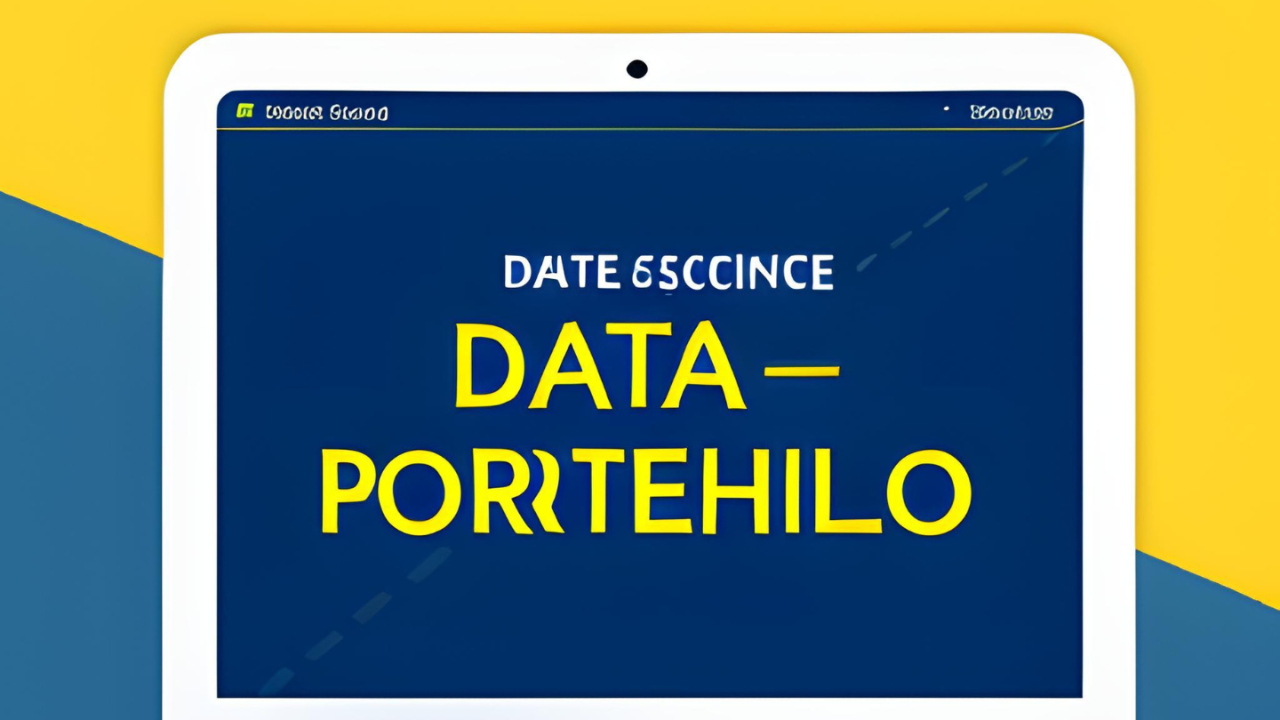Enhancing A Data Science Portfolio: Articles About A Tool You Don't Like
Aug 09, 2023
Building a robust professional portfolio is crucial for data scientists looking to make a mark in the industry. While it's common to showcase projects and tools you excel at and enjoy working with, there's value in exploring the other side as well. In this article, we'll discuss the benefits and the cautious approach required to writing an article about a tool you don't like.
The Power of Critical Assessment
- Identify underperforming tools: While the industry may widely accept a specific tool or package, there might be instances where alternatives offer better performance, efficiency, or user experience. By critically assessing these tools, you demonstrate your ability to evaluate their limitations and identify areas where they fall short.
- Problem-solving and innovative thinking: Constructively analyzing a tool that fails to meet its full potential showcases your problem-solving skills. By identifying its weaknesses, you not only contribute to the data science community but also demonstrate your ability to think creatively and seek better solutions.
- Effective communication of findings: Writing an article about a disliked tool allows you to showcase your communication skills. It's essential to articulate your observations, criticisms, and proposed alternatives in a constructive and professional manner. Effective communication of your findings can benefit others in the data science community, helping them improve their workflows.
Approach with Care and Caution:
- Conduct thorough research: Before embarking on writing an article about a disliked tool, ensure you have a deep understanding of its functionality, features, and limitations. Gather data and user experiences to support your assessment.
- Maintain objectivity: While it's acceptable to express your personal opinion, ensure your critique remains objective and rooted in evidence. Avoid personal attacks or overly negative language that may detract from the constructive nature of your assessment.
- Be respectful and professional: Remember that your goal is to contribute to the data science community by offering insights and potential improvements. Maintain a respectful and professional tone throughout your article, even when addressing shortcomings.
- Consider potential controversies: Some tools may have a strong user base or be associated with influential figures in the industry. Before delving too deeply into your criticisms, ensure there are no significant controversies or potential backlash surrounding the tool that could harm your professional reputation.
Enhancing Your Data Science Portfolio:
- Showcase critical thinking skills: Writing an article about a disliked tool demonstrates your ability to think critically and evaluate solutions objectively. This showcases your analytical mindset and problem-solving capabilities, which are highly valued in the data science field.
- Highlight communication and thought leadership: By effectively communicating your observations and proposed alternatives, you showcase your ability to articulate complex ideas in a clear and concise manner. This highlights your thought leadership and positions you as an expert who can drive positive change in the industry.
- Demonstrate continuous learning: Exploring the limitations of a tool shows your commitment to continuous learning and growth as a data scientist. It reflects your curiosity and willingness to explore alternative solutions, which are vital traits in an ever-evolving field like data science.

Writing an article about a tool you don't like can be a valuable addition to your data science portfolio. It showcases your ability to critically assess tools, problem-solve, and effectively communicate your findings. Remember to approach this exercise with care, maintaining objectivity, respect, and professionalism. By showcasing your critical thinking skills, thought leadership, and commitment to continuous learning, you position yourself as a data scientist who is not afraid to challenge the status quo and contribute to the improvement of the industry as a whole.
Now Offering Live Free Online Data Science Lessons.
